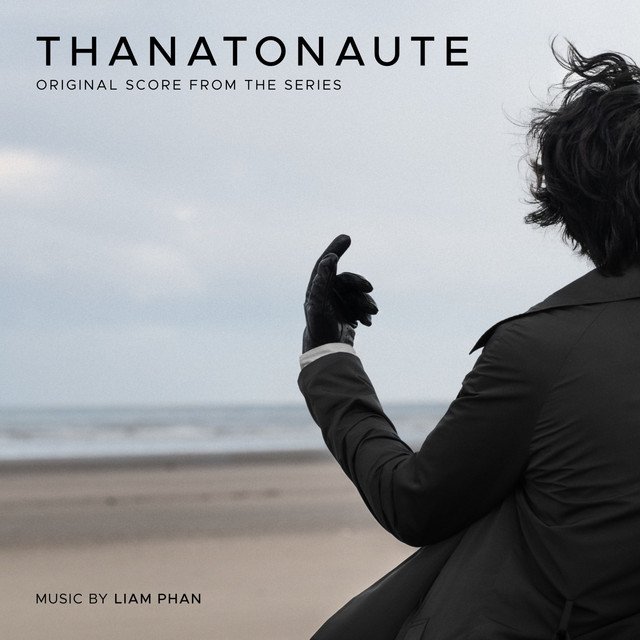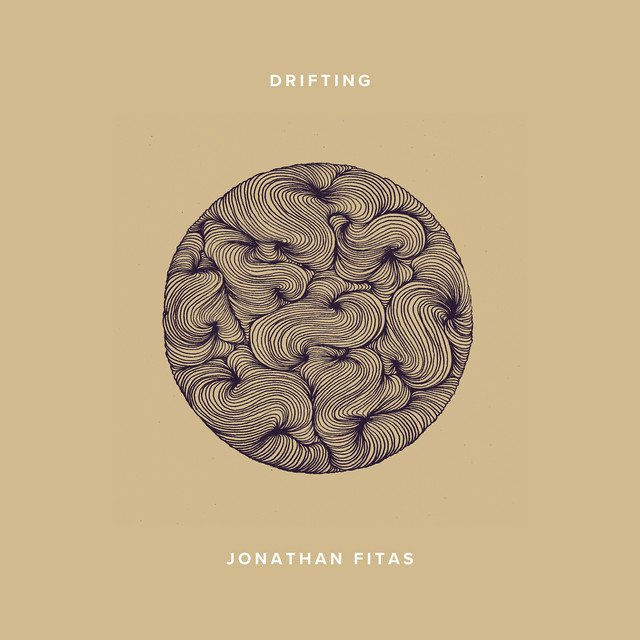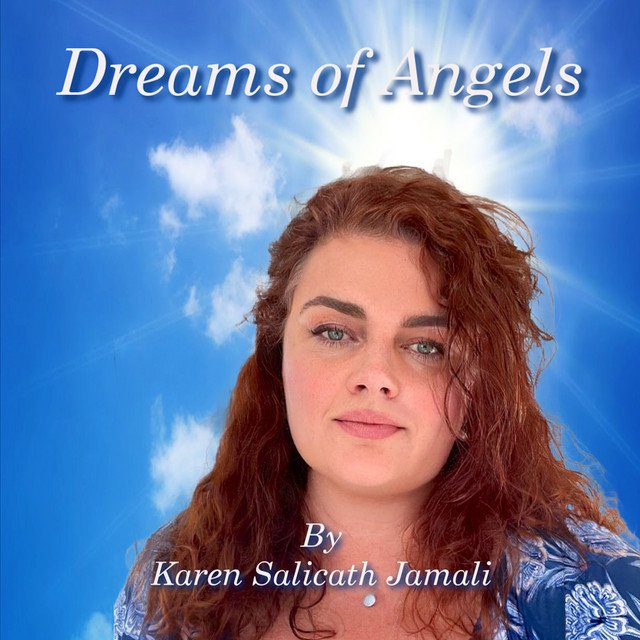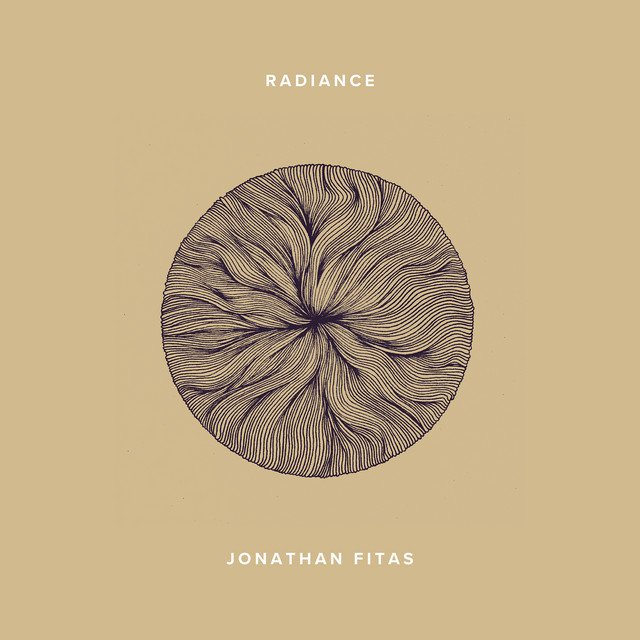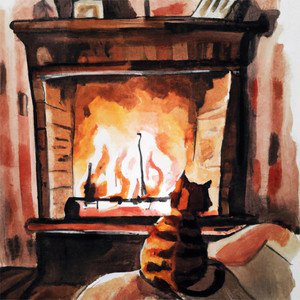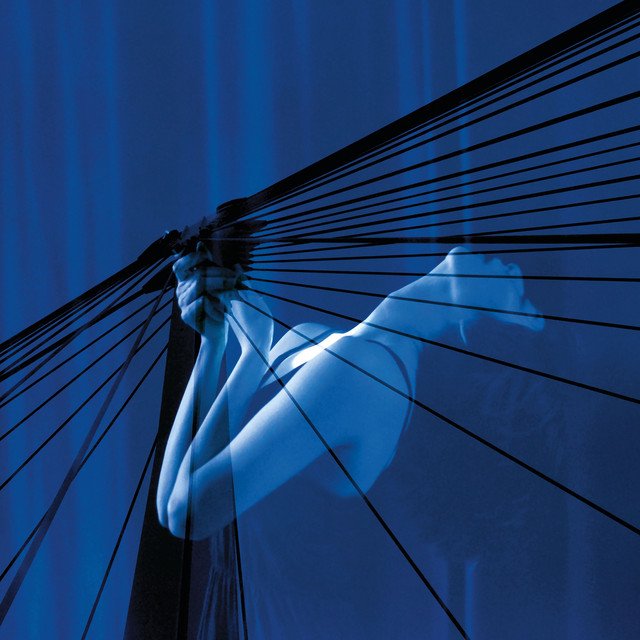Neoclassical Music ⁞ New Releases⁞ Artist Interviews⁞ Music News
Introduction of Neoclassical Music
Neoclassical music is a style of classical music that is characterized by its use of traditional forms and styles, as well as a focus on structure and balance. It is often seen as a reaction against the romantic style of music, which was characterized by emotion and passion, and was influenced by the ideas of the Enlightenment, which valued reason and classical learning.
Some of the key features of neoclassical music include the use of traditional forms such as sonata form, the use of clear and concise melodies, and the incorporation of elements of folk music and popular music. Neoclassical music also often featured a return to tonality, which is the use of a specific key or tonal center in a piece of music.
The neoclassical style has had a lasting influence on classical music, and it continues to be an important part of the classical repertoire
Favorite Neoclassical Music on Spotify
Favorite Neoclassical Videos on Youtube
Recent Neoclassical Interviews
Carlos Maya Interview on Nagamag
.
Nagamag:
Which are the genres that describe your music style better?
Carlos Maya:
I'm perfectly OK with this "Neoclassical" term to refer music that has a strong emotional focus, as I pretend to do that, to communicate and to express these "emotional ideas" and perspectives that cannot be expressed with words.
Nagamag:
Few words about your musical background and career?
Carlos Maya:
I've studied music at the Conservatory of Music of the National University of Colombia. I studied classical music, academic music, composition and music theory. But my interest in music was raised from a very young age, with the music instruction of my father who is a Sax player. Regardless my academic music background I was always interested in genres that are more connected to people than the strictly academic music, hence this neoclassical piano project, I also have great love for the keyboards and synthesizers, and absolutely for the Rock music. I also have a progressive rock project called Cadius in which I am its main composer.
Nagamag:
Do you remember your first connection of love to music that was the right impact to be a music artist now?
Carlos Maya:
My first connection of love with music was when I was very young... I think 6 maybe 7 years old... My father used to play in his turntable classical music and progressive rock music, music from Bach, Mozart, but also Rick Wakeman, Yes and that kind of stuff... I remember that Bach music touched me very deeply, I was really moved in my heart while listen to this second movement of the Harpsichord Italian concerto, touched to the point of tears, and I was like 7 or 8 years old, right then I decided that I wanted to be a pianist.
Nagamag:
What do you want to achieve with your music?
Carlos Maya:
I try to do my best to make beautiful music, I deeply feel that the purpose of each one of us, as human beings, is to bring beauty to this life, the beauty is an ideal from "higher states" and we bring these "higher states" to this world, and when we commit to this purpose I think we make the world a little better.
Nagamag:
What are your next steps in your career?
Carlos Maya:
I am working to put one of my songs as a soundtrack in a movie or a documentary. That would be awesome!
Nagamag:
Many artists listen to genres that they are not producing music for. Which track is your favorite that is NOT similar to yours?
Carlos Maya:
Meshuggah "Clockworks"
Nagamag:
Of Course Nagamag would love to listen also which is the track from a similar artist you admire?
Carlos Maya:
Michael Nyman The heart asks pleasure first
SAAH Interview on Nagamag
.
Nagamag:
Which are the genres that describe your music style better?
SAAH:
Neoclassical, contemporary classical, modern classical piano,
Nagamag:
Few words about your musical background and career?
SAAH:
I was given an old piano at the age of nine. i immediately fell in love with that instrument(i actually wanted a flute, but I didn´t get one)
since then I loved to improvise and create little melodies.
i also had piano lessons for some years, but I always preferred to play by ear.
that´s why I decided not to study at the music university.
i played in bands and the last years I´ve been composing for theatres and I´ve been creating solo piano pieces in my tiny homestudio. Last year I won the European song writing award in the category: music for motion pictures. since then I´ve been releasing heartfelt solo piano songs. I am very grateful to have the opportunity to do what I love and to share my music with everybody who wants to listen.
Nagamag:
Do you remember your first connection of love to music that was the right impact to be a music artist now?
SAAH:
I guess it was when i first heard some Tory Amos songs (i fell in love with her way to play the piano) and later i really loved the Keith Jarrett´s Köln concert (i was so impressed by the spirit and vibes of his free and harmonic improvising )
Nagamag:
do you have any plans for the near future?
SAAH:
Yes, I have :)
I always desired to play outside in nature or in other special places with my stage piano.
...so I had a stunning handmade piano shell built by a very talented man and now (about 2 weeks ago) a wonderful painter completed this work with a very special and beautiful painting on the cover of the shell, that means a lot to me.
So from now on I will also share some little video clips from outside, playing on Juna (that´s my pianos name;) - it means the desired..... I am over the moon excited about that.
Nagamag:
Many artists listen to genres that they are not producing music for. Which track is your favorite that is NOT similar to yours?
SAAH:
INCUBUS "Wish you were here"
Nagamag:
Of Course Nagamag would love to listen also which is the track from a similar artist you admire?
SAAH:
Franco Roberts (He has a different piano sound, I really like his work) "axolotl"
Neoclassical Features
Deliverance – Liam Phan
“Stunning and incredibly calming atmosphere of this piano beauty engage deeply within first notes. Harmonic structure and composition are done in a beautiful way, reminiscing the movie themes with its depth that can be felt within this blissful keys. Arrangement, although short, will engage deeply with your thoughts. ”
-Nagamag.com
Drifting – Jonathan Fitas
“Mesmerizing and incredibly calming atmosphere of this piano beauty engage deeply within first notes. Harmonic structure and composition is done in a beautiful way, reminiscing the movie themes with its depth that can be felt within this blissful keys. Joyful mood is definitely something to hold on to.”
-Nagamag.com
Latest Neoclassical discoveries
Song Review: “Swallows in Your Window (Atmospheric Piano & Ambient Live Strings)” by Oxiroma | Neoclassical Essential
Η ομορφιά της φύσης ξεδιπλώνεται μέσα στο μυαλό σου με την υπέροχη αυτή μελωδία. Με κλειστά μάτια μπορείς να δεις μέσα της τα... >>> Read full review & listen to the song on Nagamag
#neo #modernclassical #cinematic #epicmusic #crossoverclassical #oxiroma #cyprus #nagamag #musicmagazine #musicreview #review
The Awakening – OHNomad
Οι νότες του πιάνου μοιάζουν σαν τα ταξιδιάρικα πουλιά που ελεύθερα πετούν. Η υπέροχη και χαρούμενη μελωδία διώχνει μακριά τι... >>> Read full review & listen to the song on Nagamag #piano #nagamag #musicmagazine #musicreview #review
Anatomy of Melancholy – Maria Luefing
Η φανταστική αυτή μελωδία είναι ένα ολόκληρο ταξίδι συναισθημάτων και ήχων. Η μελαγχολική πλευρά της είναι τόσο γοητευτική πο... >>> Read full review & listen to the song on Nagamag #neo #modernclassical #solopiano #marialuefing #germany #nagamag #musicmagazine #musicreview #review
Angel Michael -The Angel of Courage – Karen Salicath
Οι νότες του πιάνου παιχνιδίζουν κάτω από τον ζεστό ήλιο και μας φέρνουν τόσες αναμνήσεις. Η γλυκιά μελωδία με την απαλότητα ... >>> Read full review & listen to the song on Nagamag #piano #nagamag #musicmagazine #musicreview #review
Radiance – Jonathan Fitas
Ο ρυθμός με αργές κινήσεις μας πλησιάζει και κάνει τα μυαλό μας να αφήνεται στο απολαυστικό ταξίδι του. Η θεσπέσια μελωδία απ... >>> Read full review & listen to the song on Nagamag #piano #nagamag #musicmagazine #musicreview #review
Dream (Live from The Home Concert) – Alex Solely
Mesmerizing and incredibly calming atmosphere of this piano beauty engage deeply within first notes. Harmonic structure and c... >>> Read full review & listen to the song on Nagamag #piano #nagamag #musicmagazine #musicreview #review
Life goes on… – Nicolas Le Minh
Serene and very beautiful ethereal melodies and gentle piano textures with this enchanting and soothing composition. Its harm... >>> Read full review & listen to the song on Nagamag #piano #nagamag #musicmagazine #musicreview #review
Rainy Winter Day – Peace and Honey
Οι νότες του πιάνου ζεσταίνουν την καρδιά σου, όταν όλα γύρω σου είναι ψυχρά και αδιάφορα. Η φανταστική μελωδία με ενσυναίσθη... >>> Read full review & listen to the song on Nagamag #neo #modernclassical #solopiano #peaceandhoney #unitedstates #nagamag #musicmagazine #musicreview #review
Motionshine – Mario Verandi
Φανταστική μελωδία που η ενέργεια της μας δημιουργεί ενθουσιασμό και αφήνει τα συναισθήματα μας ελεύθερα να σχεδιάσουν το δικ... >>> Read full review & listen to the song on Nagamag #electronica #nagamag #musicmagazine #musicreview #review
Difference between Classical and Neoclassical Music
Classical music refers to a broad range of music written in the classical tradition, which encompasses a wide range of styles and forms. It is generally characterized by its formal structure and its use of traditional instruments and ensemble configurations.
Neoclassicism is a style of music that refers to the revival and use of classical forms and styles in music, particularly in the 18th and early 19th centuries. It is characterized by its use of clear, concise forms and a focus on structure and balance. Neoclassicism was a reaction against the romantic style of music, which was characterized by emotion and passion, and was influenced by the ideas of the Enlightenment, which valued reason and classical learning.
Some of the key differences between classical and neoclassical music include:
Time period: Classical music refers to music written during the classical period (1730-1820), while neoclassicism refers to music written after the classical period that incorporates elements of classical forms and styles.
Emphasis on structure: Classical music is known for its formal structure and the use of traditional forms such as the sonata and the symphony. Neoclassical music also places a strong emphasis on structure, but may also incorporate elements of popular music and folk music.
Emphasis on emotion: Classical music is often more reserved and formal in its emotional expression, while neoclassicism tends to be more emotional and expressive.
Use of tonality: Both classical and neoclassical music use tonality, but neoclassicism often incorporates a wider range of tonal structures and may experiment with atonality.
Use of traditional instruments: Both classical and neoclassical music use traditional classical instruments such as strings, woodwinds, brass, and percussion. However, neoclassicism may also incorporate elements of popular music and folk music, and may use a wider range of instruments.
Overall, the main difference between classical and neoclassical music is the time period in which the music was written, and the specific techniques and styles used by the composer. Classical music is generally more formal and reserved in its expression, while neoclassicism tends to be more expressive and may incorporate elements of popular music and folk music.
The most used instruments in Neoclassical Music
In neoclassical music, the most common instruments used are those found in the classical orchestra, including:
Strings: Violin, viola, cello, double bass
Woodwinds: Flute, oboe, clarinet, bassoon
Brass: Trumpet, French horn, trombone, tuba
Percussion: Timpani, snare drum, bass drum, cymbals, xylophone, marimba, triangle
Keyboard: Piano, harpsichord
These instruments are often used to create a wide range of textures and sounds, and are featured in many different types of classical music, including neoclassical music. In addition to these instruments, many composers also incorporate elements of popular music and folk music into their compositions, and may use a variety of other instruments such as guitars, bass, drums, and synthesizers.
It’s also worth noting that many composers and performers of neoclassical music are skilled in a variety of different instruments, and may switch between different instruments in order to achieve the desired sound and texture.
Vocals are sometimes used in neoclassical music, although they are not as common as instrumental music. When vocals are used in neoclassical music, they are typically performed by trained classical singers who have the ability to sing with precise pitch and control.
One common use of vocals in neoclassical music is in operatic compositions, where singers perform arias and recitatives in a style that is similar to traditional opera. Neoclassical opera is a subgenre of classical music that combines elements of traditional opera with elements of neoclassicism, and often incorporates elements of popular music and folk music.
In addition to operatic vocals, vocals may also be used in other forms of neoclassical music, such as choral music or vocal chamber music. Some composers may also incorporate elements of popular music or folk music into their compositions, and may use vocals in a more modern or experimental style.
It’s worth noting that the use of vocals in neoclassical music is highly dependent on the individual composer and the specific piece of music, and not all neoclassical compositions will feature vocals.



